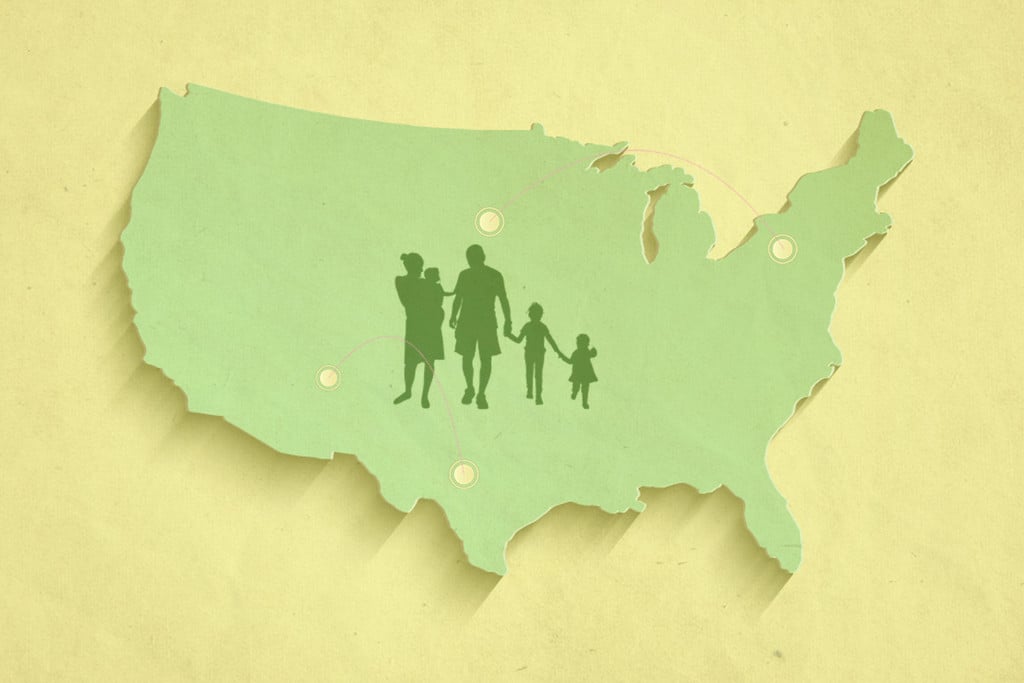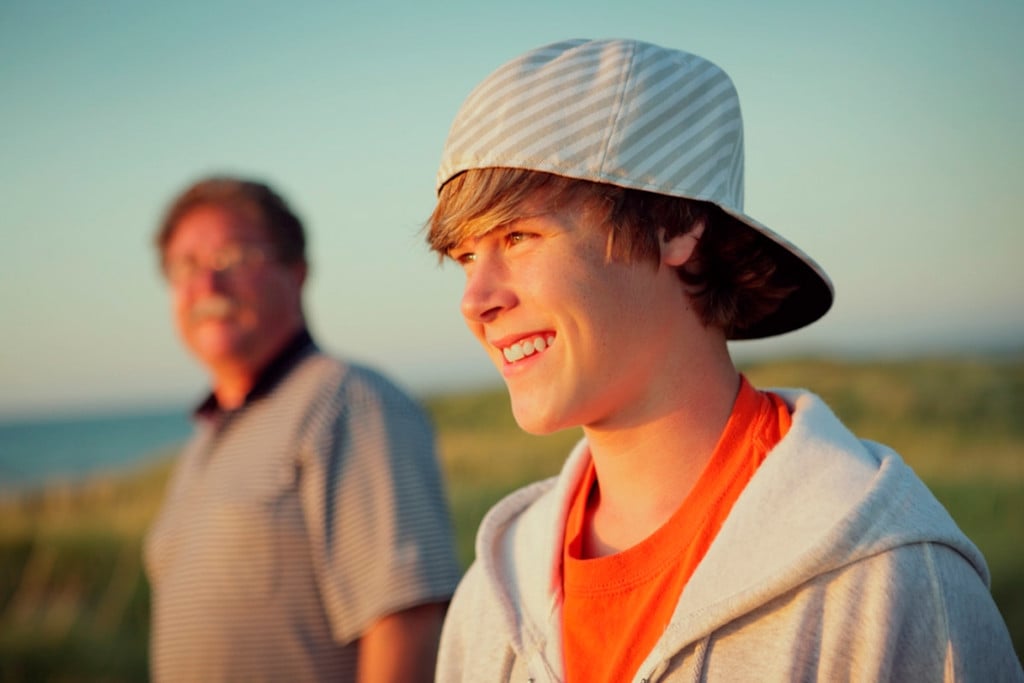.
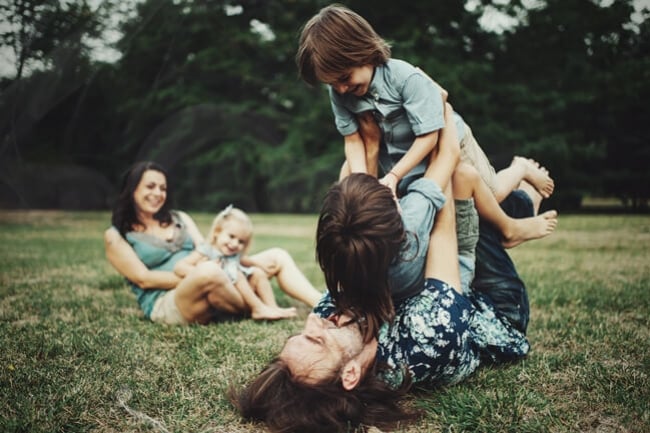
Time To End Stigma Against Cannabis-Using Parents
After decades of advocacy, the tide may finally be turning for cannabis legalization. But even in places where it is legal, parents could still face dire consequences for perfectly responsible cannabis use. It is time to end the stigma that cannabis-using parents experience every day.
Parenting is tough. It is one of the most dignified commitments you can make to raise a human to adulthood. There is round-the-clock pressure regarding all sorts of issues that could arise. Each parent finds their own way of coping. Many are known, for example, to enjoy a glass of wine in the evening to decompress. If a parent drank lots of alcohol, it would affect their ability to safely raise children. It could even drive them to neglect or violence. In extreme situations, we might consider such a parent unfit to raise children completely. But the same wouldn’t be said if they were drinking a moderate amount of alcohol at an appropriate time. No one would call that parent's abilities into question after one or two glasses of merlot.
Drinking has just been considered a part of life for so long. Cannabis was too, in many parts of the world, before the prohibition policies of the 20th century. The 21st century is seeing the advent of legal cannabis, regulated the way alcohol and tobacco are. This is being met with moral panic over the impact this will have on underage cannabis consumption. This is in spite of initial evidence showing a decline in cannabis use among Colorado teens since their state legalized cannabis for over-21s. Many cannabis consumers themselves are parents who have developed responsible parameters for their consumption. These people have nothing to be ashamed of.
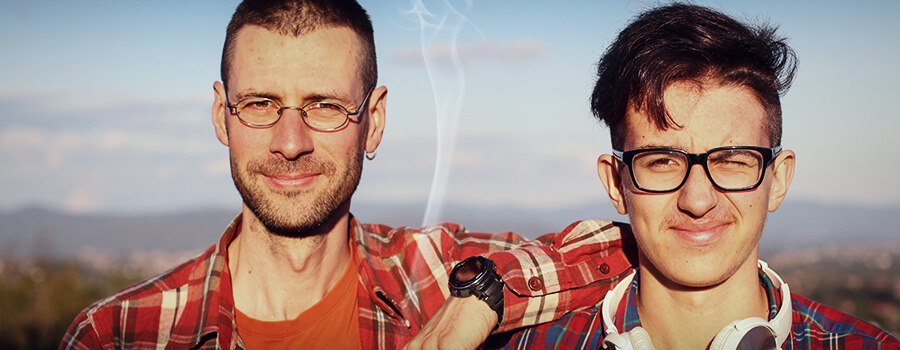
CAN CANNABIS HELP WITH PARENTING?
The above analogy with alcohol may not be quite appropriate with cannabis. After all, alcohol poses significantly more health risks than cannabis. Cannabis also can't compete with alcohol in triggering the sort of aggressive, abusive behaviour we see from over-consumption of alcohol. Cannabis is associated with more mellowing effects, but couldn't these make a parent listless and low-energy, interfering with the focus needed to look after children? This plays into stereotypes around stoners being lazy and unmotivated. Such stereotypes persist in the face of abundant examples of successful cannabis users.
There is also diversity in the strains of cannabis available and in their subsequent impacts. Arguments could be made that moderate cannabis use helps parents see the joy in parenting. For example, a sativa-dominant strain can focus users with its uplifting buzz, even when facing mundane household tasks. A more playful state of mind could make one more present with their child at playtime. Indica-dominant strains can help soothe an anxious mind after a long day, helping parents get the sleep they need. Yet the idea of parents using cannabis at all is controversial in many places, including jurisdictions where adult use is legal.
UNFAIR STIGMA
There is something infantilising about being considered a bad adult for using cannabis. Especially if it has been legalized for adult use, but you are still judged for partaking because you're a parent. This is even more frustrating considering that alcohol, tobacco, and sugar have long been legal for parents to indulge in without a negative reflection on their character. Those substances are apparently not included in the rigid life of ascetic responsibility you must follow to be a decent parent. This ridiculous double-standard may not be applied as much to users with a known medical condition, but even they can still face dire consequences for consuming a medically beneficial herb.
LEGAL CONSEQUENCES
A place where the legal regime has created much confusion is the United States of America. The federal government under President Obama tolerated states legalizing the sale and production of cannabis for adults aged 21 and over. Trump's Attorney General Jeff Sessions recently vowed a crackdown on cannabis in these states. This is especially misguided in contradicting the policy of many states who have legalized medical cannabis. There was already enough confusion over the federal government's position on this issue that has torn lives apart.
There was a mother, Shona Banda, who lost custody of her son in Kansas. After moving there from weed-tolerant Colorado, she continued to use cannabis to treat her Crohn's Disease. She had explained the medical impact and boundaries for responsible use to her son. When the son challenged an inconsistent school presentation on the danger of drugs, he was interrogated to reveal what his mother taught him. Facing five criminal charges, she had to make a plea bargain that involved moving to Spokane, Washington.
There is also the case of Max Lorincz, a Michigan resident and medical marijuana user. Police still arrested him and had his son taken into custody. A judge eventually dismissed the charges against him, but he is still struggling to regain custody of his son. A more unfortunate fate met Joshua Hill and Mary Sweeny, who were raising two-year-old Alexandria. Their night time recreational smoking was reported and Alexandria was taken into "protective custody". Her foster parents happened to be crack-users who ended up fatally injuring Alexandria. This is at least one child who died because of Texas' strict anti-cannabis laws.
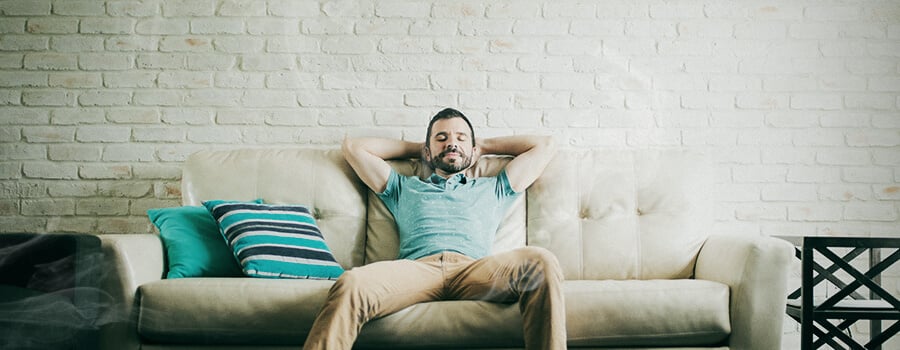
HOW TO BALANCE PARENTING AND CANNABIS
More and more stories abound of tragedy befalling families through unfair separation. This is to say nothing of how disproportionately people of color are targeted for prosecution of marijuana offenses. Even if nothing as extreme as losing custody happens, cannabis use could ruffle the feathers of ignorant neighbors or employers. If parents can enjoy alcohol as part of a balanced parenting life, and if cannabis is starting to be legalized with parameters similar to alcohol, then responsible parents should not be stigmatised for appropriate cannabis use. Of course, parents must be impeccable with their responsibility and never condone underage use of recreational cannabis. But with open communication, parents have found ways to educate children without affecting their wellbeing.
As a society, we need to highlight the more positive stories to help end stigma. After all, medical marijuana company Eaze have some interesting statistics on their customers. They even found that 63% of respondent parents consume cannabis on a daily basis! The Guardian surveyed cannabis-using parents who offered pieces of advice on finding balance with cannabis and raising kids. See examples below.
ADVICE FROM PARENTS
"If parents can sit about and have a moderate drink of wine or beer around their kids then smoking a joint shouldn’t be classed as anything different." – Merry, London, UK
"I wouldn't smoke in front of [my kids] at this point. I'm not sure it would instill confidence and consistency in them and that's my job being a parent." – Buddy, 47, Los Angeles, California, US
"One must always keep in mind there is a time and place for things. That is the real issue. If it is not a time to drink, it is not a time to smoke. That keeps things pretty even." – Rob, 59, Gig Harbor, Washington, US
"I didn't smoke weed around my kids when they were younger, not because I was ashamed of my drug use, but because it is illegal and I didn't want to encourage them to break the law. Now that they are grown up, and have discovered weed on their own, I smoke with them." – Steve, 40, Aberdeen, Scotland
"I feel weed makes me a better, calmer, more interactive parent, I ask my daughter more questions, have the patience to sit and teach her new things, go on long exploratory walks and spend longer playing with her than I would if I hadn't been smoking, I feel it's really brought us closer." – Lucy, 25, Portsmouth, UK


























